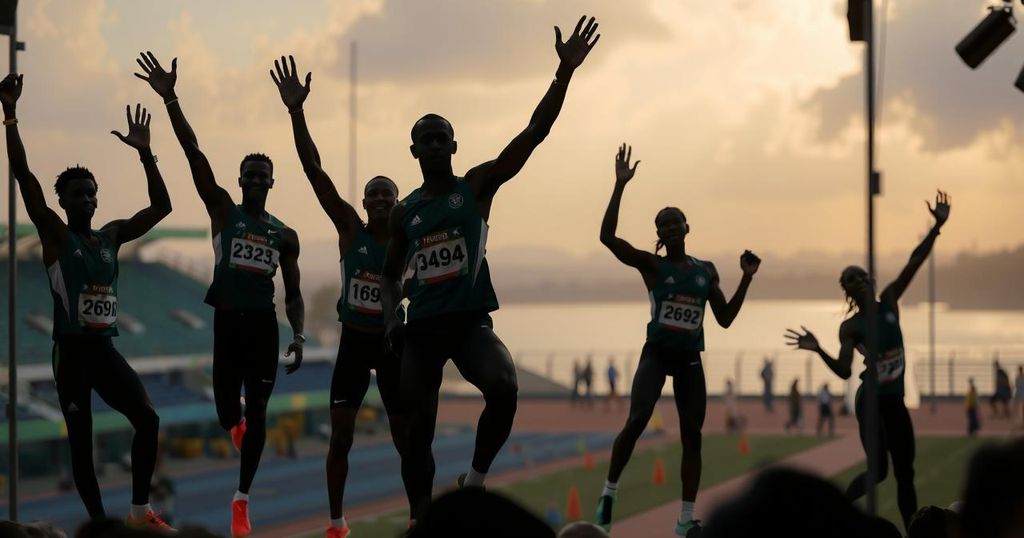Nigerian Athletes’ Resilience Shines at Paris 2024 After Tokyo Setbacks
The narrative of Nigerian athletes who have returned to the Olympic stage at Paris 2024 following the disappointment of the Tokyo 2020 Olympics is one marked by resilience and triumph. The events leading up to the Tokyo Games were tumultuous for Nigeria’s representation, as on the eve of the athletics competitions, the Athletics Integrity Unit (AIU) announced the disqualification of 18 athletes, with over half hailing from Nigeria. This situation highlighted significant failures in the country’s sports administration regarding athlete eligibility, particularly concerning anti-doping regulations.
The AIU’s findings revealed that Nigeria, categorized under ‘Category A’ national federations—with countries possessing notable doping risks—had failed to fulfill testing requirements mandated by Rule 15. This rule stipulates that athletes must undergo a minimum of three out-of-competition tests, ensuring compliance with anti-doping measures prior to major athletic events such as the Olympic Games. Consequently, athletes like Favour Ofili, Ruth Usoro, Annette Echikunwoke, Chioma Onyekwere, Chidi Okezie, Tima Godbless, and Rosemary Chukwuma experienced significant setbacks as their Olympic dreams were thwarted.
Nevertheless, many of these athletes have displayed remarkable fortitude. Favour Ofili, despite the controversies surrounding her qualification, managed to compete in Paris 2024. Similarly, Ruth Usoro fulfilled her long-held aspiration of representing Nigeria successfully in the Long Jump event, despite initially being denied that opportunity in Tokyo. Annette Echikunwoke, who encountered administrative challenges, ultimately represented the United States and made history in the Hammer Throw event, demonstrating the complexities of national representation.
Athletes such as Chioma Onyekwere and Chidi Okezie reflected on the emotional toll of their previous disqualifications but approached Paris with renewed determination. Okezie articulated his journey, encapsulating the pain and frustration endured prior to returning to the Olympic arena. Tima Godbless, now competing in the U.S. collegiate athletics system, joined the ranks in Paris, showcasing the potential for future growth despite earlier hardships. Meanwhile, Rosemary Chukwuma, another promising athlete, awaited her Olympic moment, which was finally realized in Paris after a lengthy delay.
Despite the commendable resilience shown by these athletes, the overarching question remains: Will the officials responsible for these mismanagement issues stand accountable for the administrative failures that marred Nigeria’s representation in Tokyo? This situation underscores a pressing need for reforms within the governance of sports in Nigeria to protect the aspirations and efforts of its athletes. As Nigeria celebrates the courage of its athletes, there exists a pivotal opportunity to reassess and restructure its sports administration, ensuring that similar setbacks do not hinder future generations of Nigerian athletes on the global stage.








Post Comment